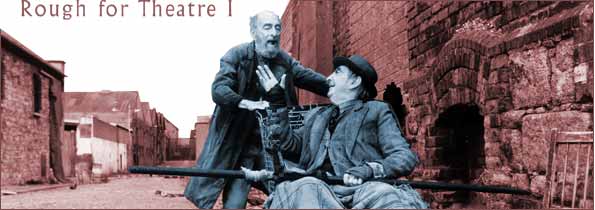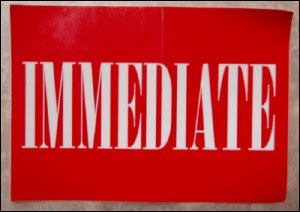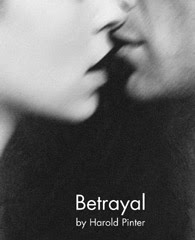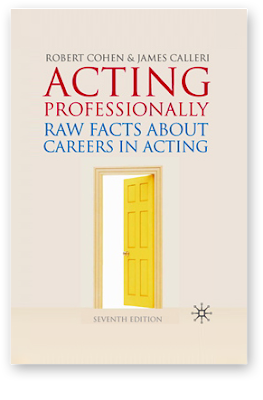The Rough Theatre

“The Rough theatre is something more experimental”. This means that we already have moved into a different type of theatre that Peter Brook has guided us into it from his book “The Empty Space”. In better words, this is a simpler form of theatre than the ones we studied before such as the deadly thatre and the holly theatre, what makes the rough theatre different than the obvious theatres is that “through the ages it has taken many forms, and there is only one factor that they all have in commonness--- a roughness”. I would rather call it a vivid, noisy, lively, flexible, and very creative theatre. You can touch and feel the real meaning of owning the space “The Stage” and being all comfortable with any new, quick changes in terms of plays, directors, and the actors themselves are more free with their expreissions but noticebly they are not limited as how we examined in the first two chapters. In this type of theatres, you can easily see it’s not a complicated space






+The+Corn+Exchange's+production+of+HAPPY+DAYS+by+Samuel+Beckett,+Directed+by+Annie+Ryan.+Starring+Clara+Simpson+as+Winnie+and+Andrew+Bennett+as+Willie.jpg)


